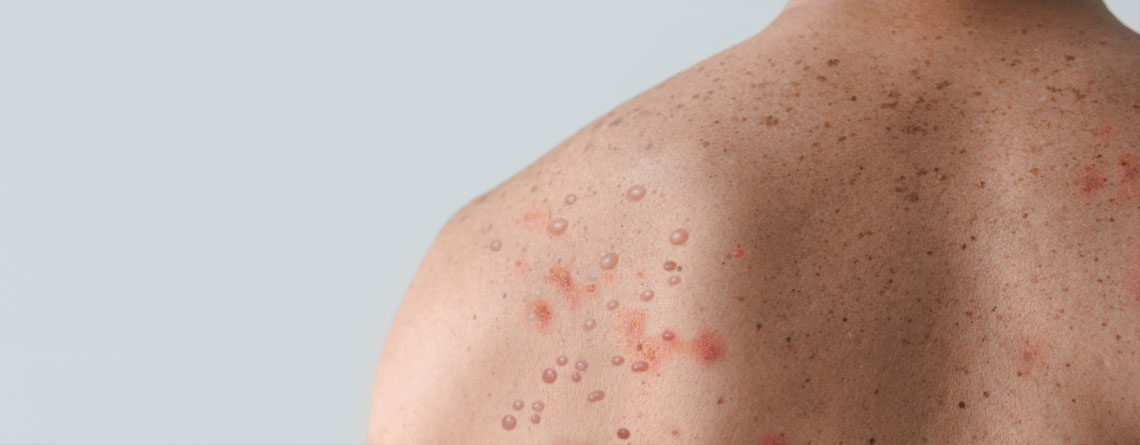Monkeypox – What you need to know
Monkeypox is a viral infection that can cause a high temperature, flu-like illness and spots, blisters or sores anywhere on the body.
It’s rare in the UK, but cases have been increasing.
Most people with monkeypox recover in a few weeks without needing medical treatment, but some people may be more unwell and need hospital treatment.
Anyone can get monkeypox but most cases in the UK have been in gay and bisexual men.
Should I be worried about monkeypox?
Monkeypox is rare in the UK. There has been an increase in the number of people with monkeypox, but numbers are still very small.
Anyone can get monkeypox, but cases in the UK have mostly been in gay and bisexual men and other men who have sex with men.
If you’re a man who has sex with other men, it’s important to be aware of the symptoms, particularly if you or a sexual partner have a new partner or multiple partners.
Is monkeypox a sexually transmitted infection?
Monkeypox isn’t currently considered a sexually transmitted infection, but it’s known that it can be passed on during sexual contact. Monkeypox can be passed on from:
- having contact with spots, blisters or scabs of someone with monkeypox – this could be during sexual activity or any close physical contact such as kissing, hugging and holding hands
- contact with clothes, bedding and towels used by someone with monkeypox
- coughs or sneezes of someone with monkeypox.
If you’ve had monkeypox, the UK Health Security Agency (UKHSA) advises using a condom every time you have sex for 12 weeks after your rash has scabbed over and scabs have fallen off.
Monkeypox symptoms
Not everyone with monkeypox will get symptoms. Symptoms include:
- fever, headache, muscle aches, backache, swollen glands, chills and feeling very tired
- new unexpected or unusual spots, ulcers or blisters anywhere on your body, including the face, hands, genitals and anus.
Some people only get a single spot or a few spots, others can get many.
The spots can look like a chickenpox rash or may look like an STI such as genital herpes or syphilis. They often go through different stages, changing in appearance and eventually form a scab which later falls off.
What if I have monkeypox symptoms?
Call your local sexual health service for advice as soon as possible. Don’t attend in person.
You can also call NHS 111 for advice if you aren’t able to contact a sexual health service.
Stay at home and avoid close contact with other people until you have spoken to someone and been given advice on what to do next.
Monkeypox testing, treatment and self-isolation
You can find more information about testing and treatment at:
NHS www.nhs.uk/conditions/monkeypox/
THT www.tht.org.uk/news/monkeypox-uk
Information for people who need to self-isolate is at:
UKHSA www.gov.uk/guidance/guidance-for-people-with-monkeypox-infection-who-are-isolating-at-home
Can I be vaccinated against monkeypox?
Monkeypox virus is similar to smallpox virus. A smallpox vaccine can help protect against monkeypox.
Smallpox vaccine is being offered for free to those most at risk of getting monkeypox, including:
- some gay, bisexual or men who have sex with men
- some healthcare professionals
- people who have been in close contact with someone with monkeypox.
The vaccine is being rolled out now. People are advised not to come forward for the vaccine unless contacted.
More information about monkeypox
NHS www.nhs.uk/conditions/monkeypox/
THT www.tht.org.uk/news/monkeypox-uk
i-base https://i-base.info/monkeypox/
NHS Inform Scotland www.nhsinform.scot/illnesses-and-conditions/infections-and-poisoning/monkeypox
Public Health Wales https://phw.nhs.wales/topics/immunisation-and-vaccines/vaccination-information1/monkeypox/
NI Direct www.nidirect.gov.uk/conditions/monkeypox



